-79%
Preanalytical Considerations in Laboratory Testing: A Comprehensive Guide
This comprehensive guide delves into the intricacies of preanalytical considerations, providing an in-depth understanding of the factors influencing the accuracy and reliability of laboratory test results.
Biological Influences:
This section explores the impact of inherent biological characteristics on test outcomes. Age, gender, and race can significantly influence the results of certain tests, highlighting the importance of considering these variables when interpreting data. Pregnancy also introduces unique physiological changes that warrant specific preanalytical precautions.
Analytical Interferences:
The book meticulously examines the potential sources of analytical interferences, including diet, exercise, altitude, and the use of stimulants and drugs. These factors can alter the analytical process, leading to erroneous results. Detailed guidance is provided on mitigating such interferences to ensure the validity of test findings.
Collection, Transport, and Storage:
Crucial for accurate testing is the proper collection, transport, and storage of specimens. This section outlines national and international standards for these processes, addressing issues such as sample identification, safety aspects, and quality assurance procedures. Adhering to these standards helps minimize preanalytical errors and preserve the integrity of samples.
Quality Assurance Procedures:
To ensure the reliability of laboratory results, a robust quality assurance system is essential. The book discusses various quality assurance measures employed in total laboratory management. These procedures aim to detect and correct errors, ensuring the accuracy, precision, and timeliness of test results.
Glossary of Terms:
A comprehensive glossary at the end of the book defines all relevant terms used throughout the guide. This serves as an invaluable resource for readers, allowing them to easily grasp the concepts discussed in the text.
Conclusion:
This meticulously crafted guide serves as an indispensable resource for healthcare professionals involved in patient care and the performance of laboratory tests. By elucidating the preanalytical factors that can impact test results, the book empowers readers to make informed decisions and ensure the reliability of their findings. This knowledge ultimately contributes to improved patient outcomes and enhances the overall quality of healthcare.


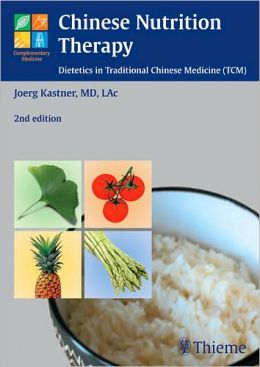
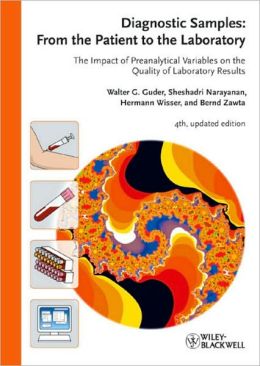

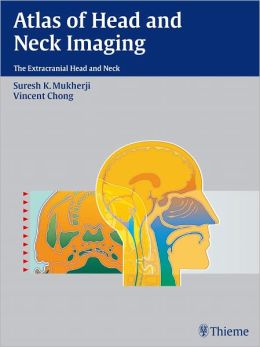

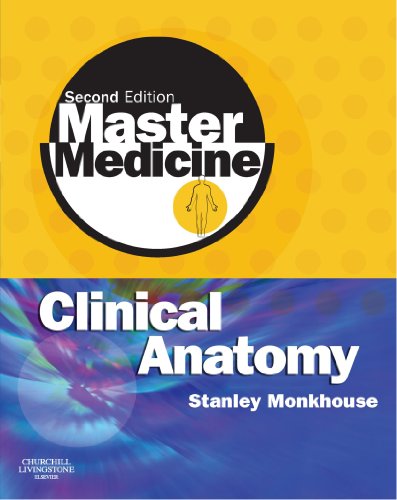
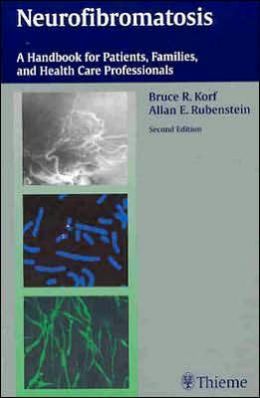
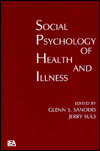
Reviews
Clear filtersThere are no reviews yet.